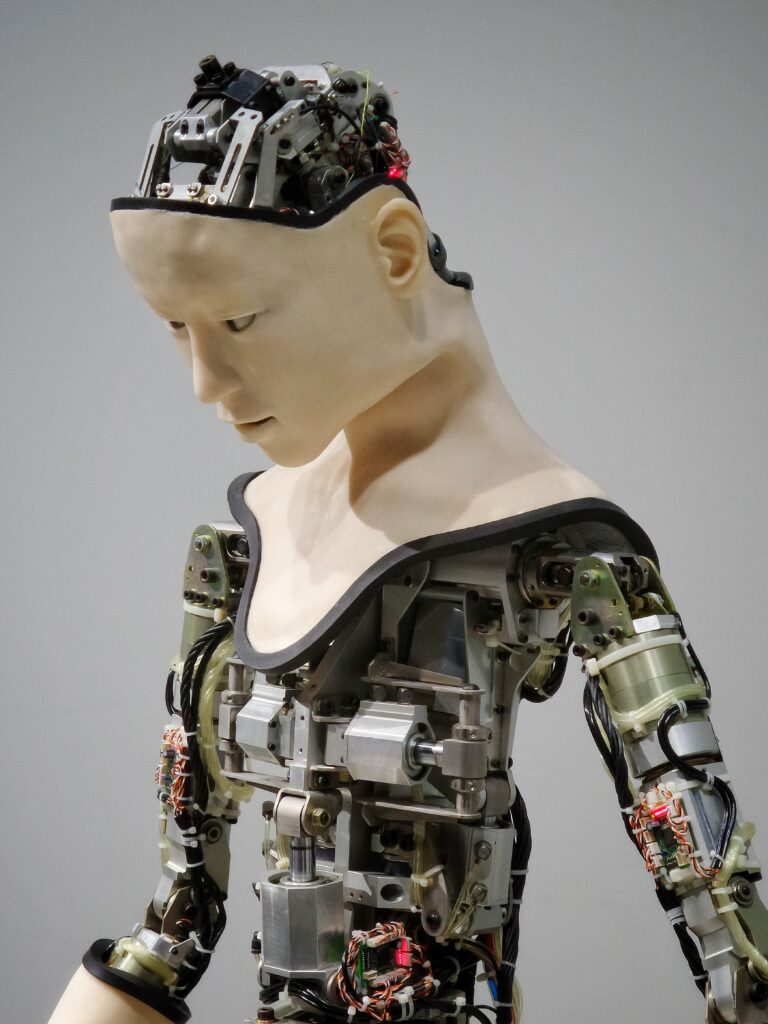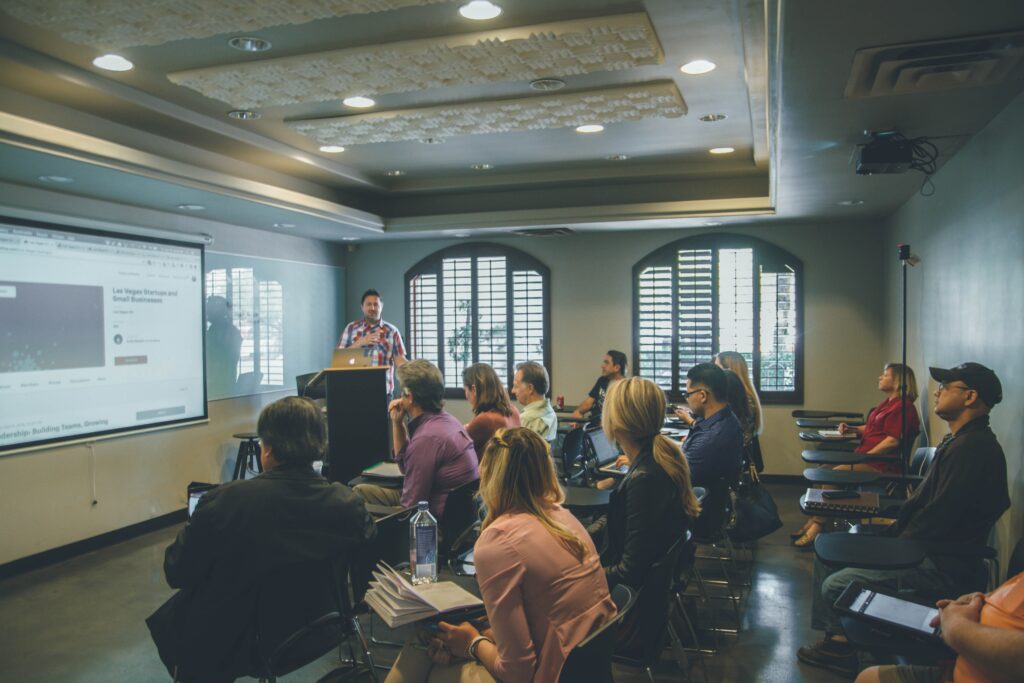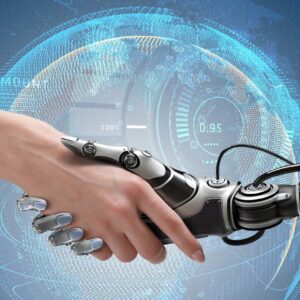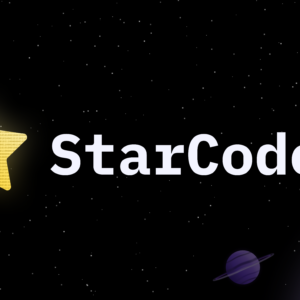Artificial Intelligence (AI) is on the rise, sparking a vital question for many: “Will AI take my job?” The evolving technology promises incredible advancements, but it also stirs up apprehension about its impact on the job market.
AI Transforming Industries

AI’s transformative potential is already evident in several industries. From automated restocking in retail to disease identification and vaccine production in medicine, AI is enhancing the way we work.
Companies like Amazon employ AI robots to manage inventory in their warehouses, a scenario that has become common in various industries. Moreover, in healthcare, AI helps diagnose illnesses, craft personalized treatment plans, and improve patient outcomes, transforming the industry for the better.
In the finance sector, AI contributes significantly to enhancing back-end operations, bolstering cybersecurity, and facilitating customer service through chatbots. As the technology continues to advance, there are growing concerns about potential job replacements in this industry.
AI and White-Collar Jobs

It’s the white-collar jobs that may witness the most significant changes in the short term. With AI capabilities like natural language processing, machine learning, and big data analytics, the technology can conduct data analysis, write reports, and even handle financial analysis. Professionals in these fields must keep pace with these changes, constantly improving their skills to stay relevant.
Moreover, AI is making inroads into the creative industry, generating original artwork and music pieces. While this poses a challenge to human artists, some believe that AI can’t truly replicate human creativity, leaving a permanent place for human artists in the industry.
AI’s Impact on the Job Market

The impact of AI on the job market won’t be as extreme as many fear. According to industry experts, AI won’t entirely replace humans anytime soon, but it will transform how we work. AI will likely augment most jobs rather than replace them outright. Jobs involving repetitive tasks are the first in line for automation, while roles requiring creativity, social interaction, and decision-making will be tougher to automate.
Upskilling and Adapting

However, the advent of AI isn’t all doom and gloom. AI can enhance our work, making us faster and more efficient. The key is to view AI as a tool, not a threat, and understand that it can’t yet replace human skills like creativity, social interaction, and decision-making.
As AI progresses, adaptability and skill development will become crucial to remaining competitive in the job market. With increasing automation, the need for upskilling and adaptation to new technologies is paramount.
Fortunately, this also presents opportunities for workers to acquire new skills and tackle more challenging roles. This is why many companies are investing in training programs to assist their employees in upskilling.In conclusion, AI may not snatch your job away, but it’s here to redefine it.
AI is a revolution, not a fleeting trend. Stay informed, keep learning, and nurture your curiosity. The future is exciting, and with the right mindset, we can all be a part of it.




